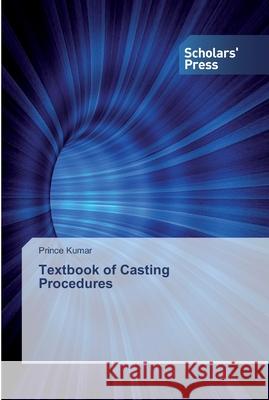Textbook of Casting Procedures » książka
Textbook of Casting Procedures
ISBN-13: 9786138625612 / Angielski / Miękka / 2020 / 148 str.
Textbook of CASTING PROCEDURES Casting is the process by which a wax pattern of a restoration is converted to a replicate in dental alloy. The casting process is used to make dental restorations such as inlays, onlays, crowns, bridges, and removable partial dentures. Because castings must meet stringent dimensional requirements, the casting process is extremely demanding. In dentistry, virtually all casting is done using some form or adaptation of the lost-wax technique. The lost-wax technique has been used for centuries, but its use in dentistry was not common until 1907, when W.H. Taggart introduced his technique with the casting machine. Casting can be defined as the act of forming an object in a mold. The object thus formed is also called as a casting. The lost-wax technique is so named because a wax pattern of a restoration is invested in a ceramic material, then the pattern is burned out ("lost") to create a space into which molten metal is placed or cast. A wax pattern is first formed on a die of the tooth to be restored or, occasionally, directly on the tooth. All aspects of the final restoration are incorporated into the wax pattern, including the occlusion.











